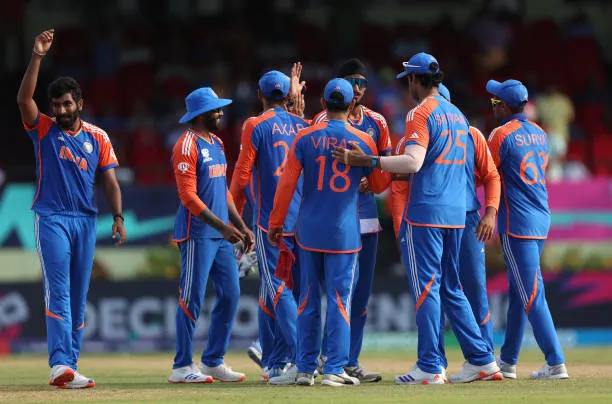
India’s Asia Cup campaign has taken another dramatic turn, with reports suggesting that if the team lifts the 2025 trophy, they may refuse to accept it from Mohsin Naqvi, the current PCB Chairman and Asian Cricket Council (ACC) President. This potential decision comes in the aftermath of a turbulent India–Pakistan group-stage clash that saw no handshakes at the toss or after the match, sparking a major controversy.
Sources close to the Indian camp indicate that the decision is symbolic and tied to recent events beyond the boundary ropes. Suryakumar Yadav, India’s captain, had already dedicated the team’s win over Pakistan to the victims of the Pahalgam attack and to the Indian Armed Forces, emphasizing that the team stands united with the nation. Refusing to receive the trophy from Naqvi would be seen as an extension of that stance — a statement that cricketing ceremonies should reflect the team’s principles during moments of heightened national sentiment.
Traditionally, the ACC President is the one to hand over the trophy during the post-final presentation. In this case, that would mean Naqvi. However, Indian officials are reportedly lobbying for an alternate arrangement if India wins the tournament. Options being discussed include a neutral ACC representative handing over the trophy or a senior ACC official with no PCB association taking the stage.
Reactions to the possible move have been mixed. Supporters argue that India is within its rights to choose how it participates in ceremonial events, especially given the ongoing political tensions and the unique pressure this tournament carries. Critics, however, believe such a gesture risks further politicizing cricket and could create unnecessary strain on already fragile cricketing relations.
From Pakistan’s perspective, this reported plan has not gone down well. PCB insiders are said to be frustrated, seeing it as a breach of protocol and a potential embarrassment for the host administration. Some have warned that such a move could lead to formal complaints or even spark new disputes in the ACC boardroom.
If this actually happens, it would mark one of the rare occasions in modern cricket where a team publicly refuses to participate in a traditional presentation ceremony as per standard protocol. It would also underline how this edition of the Asia Cup has been shaped not just by on-field performances but by off-field symbolism.
With India in strong form and a place in the final likely, all eyes are now not just on their cricket but also on what might happen at the podium. Whether the BCCI and ACC find a compromise or allow the moment to turn into another flashpoint remains to be seen. One thing is clear — this Asia Cup’s legacy will be remembered as much for its controversies as for its cricket.
12BET Shortlisted for Sportsbook Operator of the Year at SBC Awards 2025

